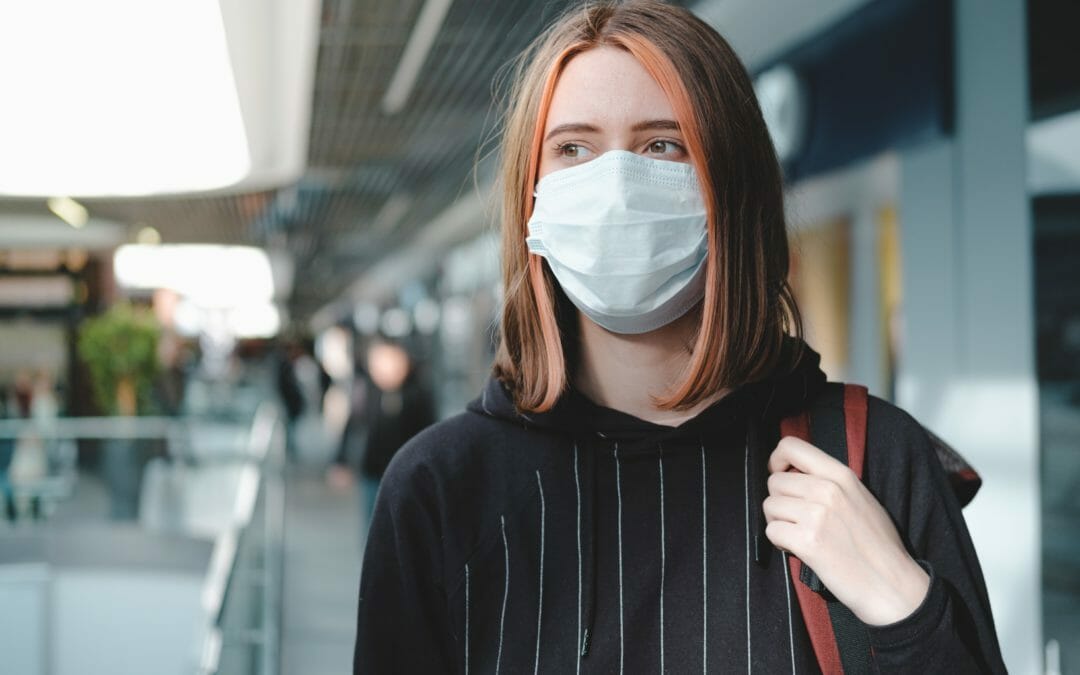On the 7th April, the world acknowledges World Health Day – an awareness day organised by the World Health Organisation (WHO).
The day is seen as an opportunity to draw worldwide attention to a subject of major importance to global health each year.
This year, WHO have chosen the theme of ‘Support Nurses and Midwives’, to coincide with their campaign ‘Year of the Nurse and the Midwife 2020’. To learn more about the wellbeing day and how you can join the call for a strengthening of the nursing and midwifery workforce, visit the WHO website.
Coronavirus pandemic
In acknowledgment on World Health Day 2020, we have felt the need to address the most recent and severe world health concern – COVID-19, or more commonly known as, coronavirus. This guidance will cover what are the symptoms of the illness, how to avoid catching it and what to do if you think you show signs of the illness.
Coronavirus symptoms
Those who have tested positive with the illness have experienced a variety of symptoms, ranging in severity. The most common being:
- Fever or high temperature
- Coughing continuously
- Shortness of breath
Current guidelines suggest that symptoms can appear between two and ten days after contracting the virus, but in some cases it can take up to 24 days. It is also advised that you should stay at home if you experience the above symptoms, instead of visiting your local GP surgery, pharmacy or hospital.
Avoiding the coronavirus
To reduce the amount of pressure to our national health services, we should all be adjusting our lifestyles to make a concerted effort to avoid catching COVID-19. This can be done by:
Washing your hands: often with soap and water for at least 20 seconds especially after you have been in a public place, or after blowing your nose, coughing, or sneezing.
Sanitise: if you don’t have access to water and soap, e.g. on public transport, clean your hands with a hand sanitiser that contains at least 60% alcohol.
Social distancing: at the time of righting, it is advised that everyone must stay indoors to stop the spread. You are allowed to leave your home if:
- You are seeking medical support, or providing care support for a vulnerable person.
- Purchasing essentials such as food and medical supplies. When outside your home, you should be standing at least 2 meters away from those around you.
- Taking part in one from of physical activity a day.
- Travelling to work, if remote working is not an option.
Catch it & kill it: when coughing and sneezing, cover your mouth and nose with a tissue, bin it and wash your hands immediately after.
What to do if you are sick
Firstly, if you feel a though you are showing the symptoms listed in this guidance, you should complete the NHS 111 online assessment here and follow their advice.
At the time of writing, the current guidelines state that if you have symptoms, you should self-isolate for 7 days and if you live with other people, they should stay at home for 14 days from the day the first person showed symptoms. However if you live with someone who is 70 or over, has a long-term condition, is pregnant or has a weakened immune system, it is advised that you try to find somewhere else for them to stay for 14 days. It is also a good idea for you to wear a face mask if you come into contact with other people, e.g. sharing a vehicle or a room. This will help stop the illness from spreading to those around you.
To keep yourself well informed, make sure that you keep up to date with the latest developments and guidelines by visiting the UK and ROI government websites. Here, you will find the latest news regarding treatments, travel restrictions and public safety. Health Assured have also set up a COVID-19 Employee FAQs web page, to ease any concerns you may be facing during these unprecedented times.
It’s important to know that if you need to access our services to discuss any concerns you have, our confidential helpline is available 24/7, 365.

